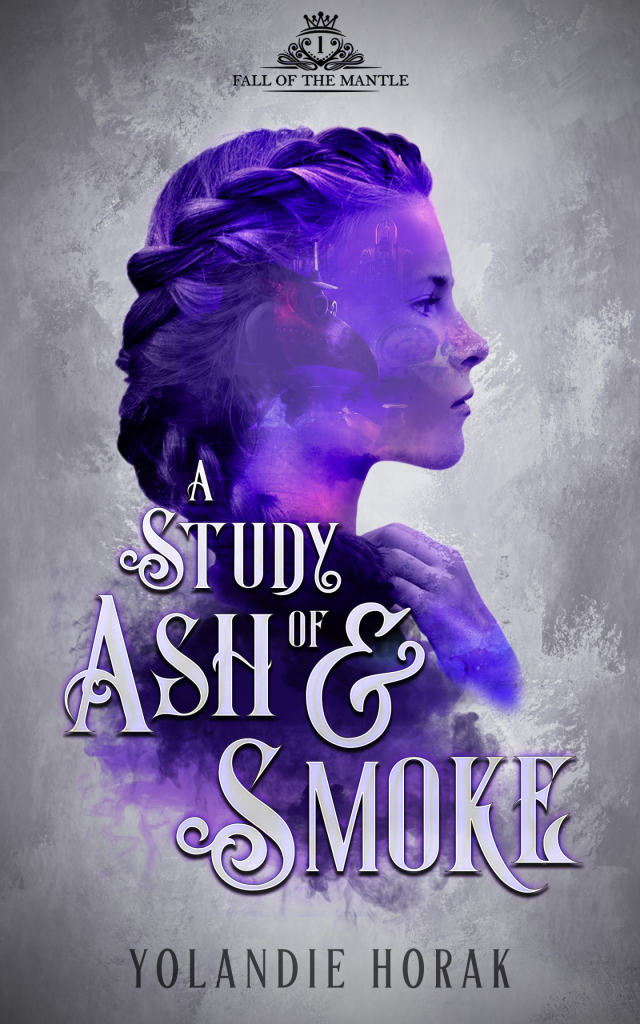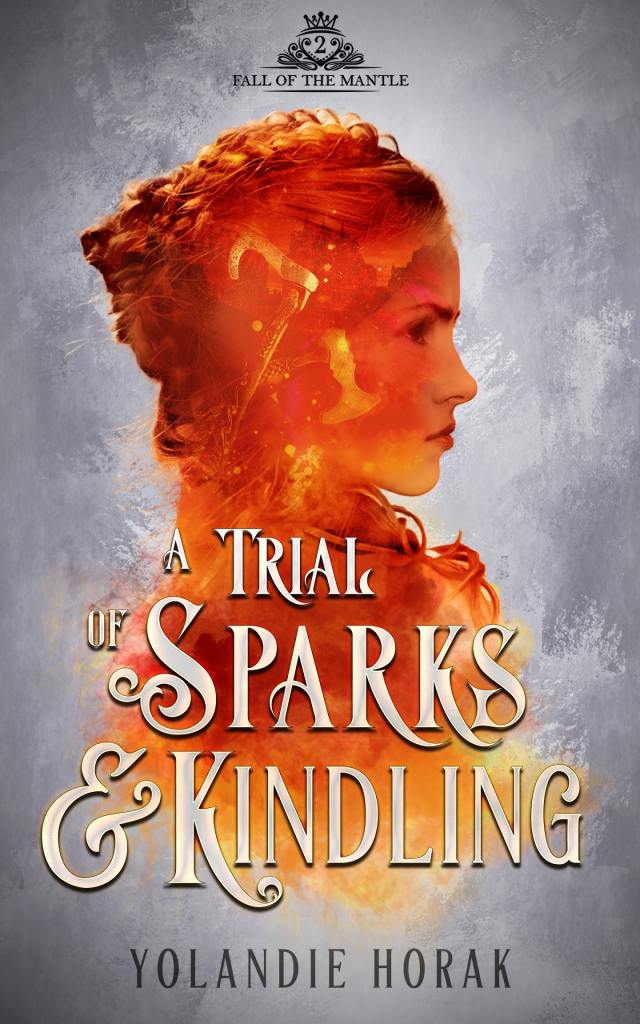I had a conversation about writing with my cousin, as we often do. Afterwards, I kept thinking how great it would have been if I’d known which mistakes to avoid when I just started writing.
Yes, I could have googled something stupid, like how to write a novel. Today, the ‘duh’ is weighty enough to crush me. I’m realising though, many noob writers don’t seem to do the googling. And I’m going to go out on a limb here and say it seems the pantsers are the most guilty party.
Hint, I’m a pantser too.
We fall into that first story with the kind of passion that leads to a thousand ships sailing off to war, write until our eyes bleed, and discover the tale as it unfolds. So why would any of us pause to read up about writing?
No, that seems to come after. You know, when you receive an editor’s letter as wordy as the Bible and you’re hit with the shock that you have no idea what you’re doing. And of course, it shows.
This is what I know today – if I had done my homework before the actual writing, you might still be able to read my first trilogy. Instead, I’ve unpublished it everywhere, shameful of my former pride and joy, and I’m working on an edit. Which, by the way, is going to turn into a rewrite.
So, this post. Maybe if we cut the googling in half and round up the tips in one user-friendly post, fewer noobs will screw up like I did.
Here goes. 🙂
The story is important, but doesn’t make up for bad writing.
Your book will probably have errors, even after rounds and rounds of rigorous editing by professionals. Let’s face it, you’ve found errors in the New York Times bestselling novels by your favourite authors. This stuff happens.
But.
In your favourite novel, you found one error. Two at the most. That’s it.
If your manuscript is riddled with grammatical or punctuation errors, and the spelling is more often wrong than right, it doesn’t matter how good the story is. Bad writing distracts from brilliance. Just like that hair on the lens of an otherwise prize-winning photograph will distract from the striking subject matter.
You must learn the grammar rules and check your spelling before you give your novel to anyone to read, or you’re lowering the chances that anyone will want to finish reading the novel. Which brings me to point two.
Have mercy on your editor.
A lot of writers are of the opinion that editors are only there to find spelling errors. It’s their job, after all. Well, you’re wrong. Besides that, you’re also adding to the stigma of how horrible all editors are.
Why? Well, by sending her a manuscript that isn’t your best work, you’re doing to your editor what you did to the other proofreaders – you’re forcing her to read something that makes her want to gag. Just like with the other folks, your editor will struggle to love a story skewered by mistakes, dripping bloody ink on her neat desk. Take into account that you’re not the only writer putting her through this mess, and it becomes easy to see why she rejects a novel based on the first paragraph she reads. And also why books you hate get published.
Would you rather go with the story that is well presented and polished, even if it’s a little dull, or the one written with so little regard for the language it’s written in that it should be a crime, but could possibly be a good read? I’d opt for the boring one. Editors are people too, so make their job a little easier.
You have a spell-checker on your word processor. Use it.
If you don’t and you manage to land an editor, she’s going to plough through the work, shouting curses at the walls and probably wonder where the hell she went wrong in life. Don’t shorten her lifespan this way. Good, patient editors are hard to come by.
Don’t send your editor a manuscript only you and your mum have read.
No, you want a team of people – trustworthy and honest people – who read the manuscript BEFORE the editor.
I had this team of people from the start, and they’re still with me. However, when we started out, I didn’t know what they needed to do to help me. If you send an MS to someone and ask them to be gentle, you’re defying the point. I made this mistake, so my betas were too afraid to hurt my feelings to tell me straight up what sucked about my story. These days, they know to hit me with truth’s hilt, even if I also gain a bruise in the process (by the way, I don’t. See the next point for more on this).
Your beta readers must be honest to the point of being blunt. Their function is to pick apart your story, tell you what they liked, what they hated and what bored them. Even if this is your protagonist. In fact, especially if it’s your protagonist. How many stories do you love where the protagonist is someone you hate? Go on, think about it. Even in those stories where the protagonist isn’t a good person, if the audience doesn’t like him/her, they won’t continue their support and the story falls flat.
The betas are those people who will form a part of your target market. If they don’t like parts of your story, you need to change those parts (except if you were going for a feeling of dislike from the reader). Follow their advice and learn from their suggestions. You’ll end up with a tighter story – one your editor will like more than the sloppy, plot-holed one.
It’s a great help if one of your betas is another writer. Writers are more in tune with story elements and will often put words to the wrongness other betas feel, but can’t describe. Also, since other writers are in the same boat, these folks are more likely to give you constructive crit, and actually finish reading the story. So, when the time comes, help this writer out too.
Also, there’s a plethora of great writing resources available online. Subscribe to blogs and writing websites, read the posts and newsletters, and learn. Learn as much as you can about your craft, the tropes and your genre. Here’s a good start.
Don’t take it personally.
Your novel isn’t a masterpiece. Between the pages of your perfect creation are mistakes. A lot of them. The sooner you deal with that, the better.
You’re the one who sent your MS to the betas, proofreaders and editors. You took that step to level-up your book. The function of these folks is to give you critique, so don’t pass a kidney stone when they do.
You’ll also have to learn to accept there will be loads of offers from people to read your manuscript, but few of them will finish reading or give you feedback. It’s not your fault or theirs. Life happens and people are busy. So cling to your tribe, once you find them, even if they break your heart with critique.
Honestly, the crit will hurt. I’ll never forget that first letter from Nerine, late one Sunday night. Just scrolling through the sea of comments and corrections filled my lungs with water. That’s not even me being overly dramatic – I’m telling you, it felt like drowning.
I read through the editor’s letter once, scrolled the comments and went to bed, shaking. Obviously, I was in front of the screen again within an hour, reading each comment. As I progressed, I calmed down. She was right. My precious book-baby would be so much better if I went with her suggestions.
Yes, she told me what didn’t work, where my story fell apart and what would alienate readers (spoiler, my protagonist was the culprit), but that’s what I’d paid her for. She wasn’t being mean to me, she was trying to help polish my lump of coal. I wish I could show you the difference from that first draft to this latest one. In fact, I will. Not in this post, but soon.
Point is, you can’t take an edit personally. It’s not an attack on you or your work. It’s the expertise of someone who knows more than you do, and I promise you, it’ll take your writing to new heights. If you implement the changes, of course.
And no, you don’t have to agree with every word your betas, proofies or editors say. You can veto anything, but do yourself a favour and consider their opinions anyway.
As a last thought here, being edited and critiqued does get easier. Three editors and many rounds of beta reads, revisions and edits later, I give you my word on this. You reach the point where you have inside jokes with your editor, running in the sideline comments. You learn to laugh about your pet words and quirks, because they’re silly and obvious. How did you even miss that?
Above all, don’t lose hope.
Keep believing in your story. Keep babbling about it to anyone who will listen. Work hard and pour your soul into your work. You may never be the Next Big Thing, but if your story touches another heart, you’ve reached success.
Now go write your damn novel.
Yolandie.




